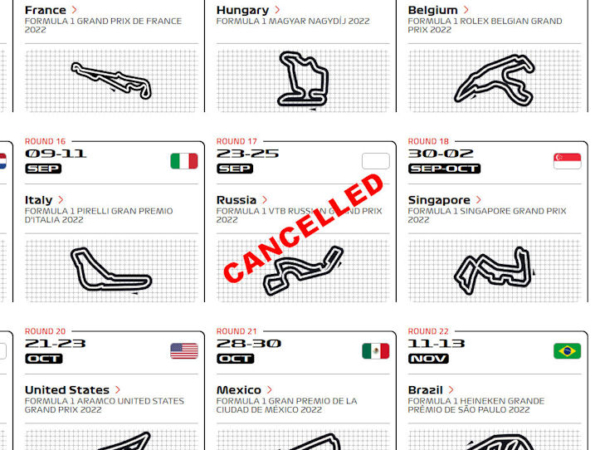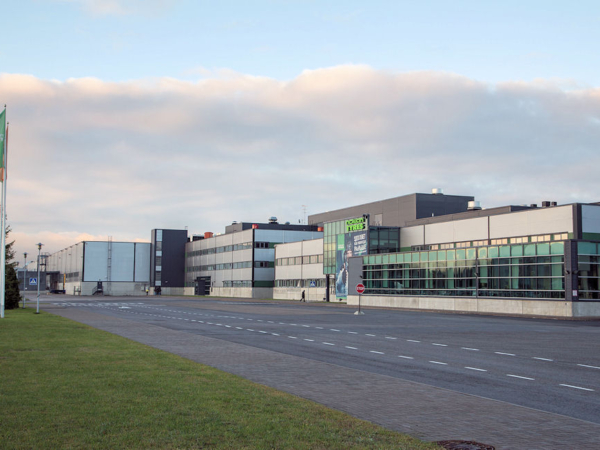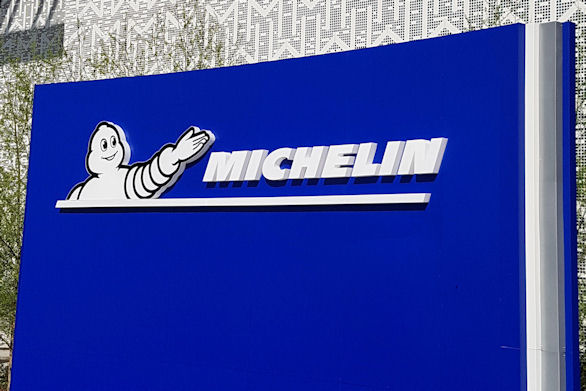Tyre makers & the Russia dilemma
Many tyre makers have faced difficult decisions in the weeks and months since Russian troops first marched across Ukraine’s border on 24 February. Companies such as Nokian Tyres, Bridgestone, Continental, Michelin, Yokohama and Pirelli have needed to decide whether to continue operating their Russian plants. Four of these manufacturers are turning their backs on Russia or considering doing so, but two apparently are not.

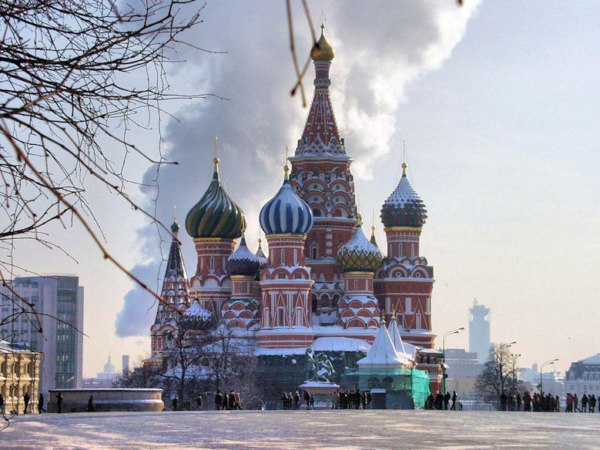
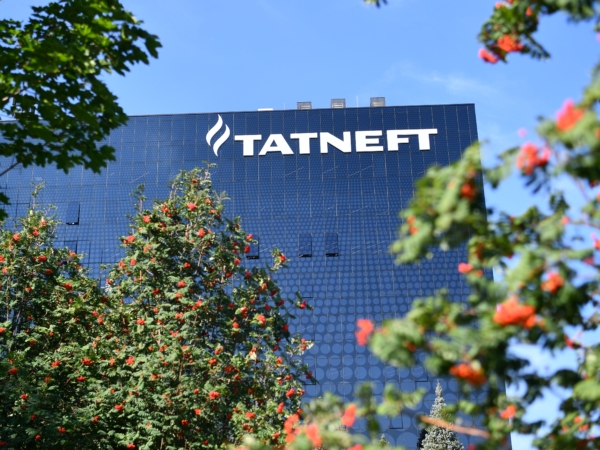 Tatneft
Tatneft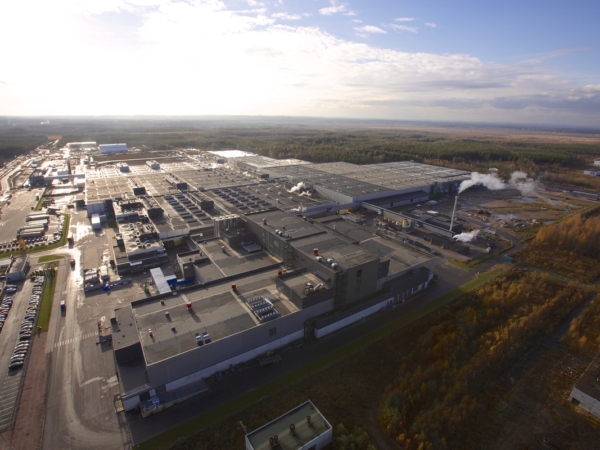
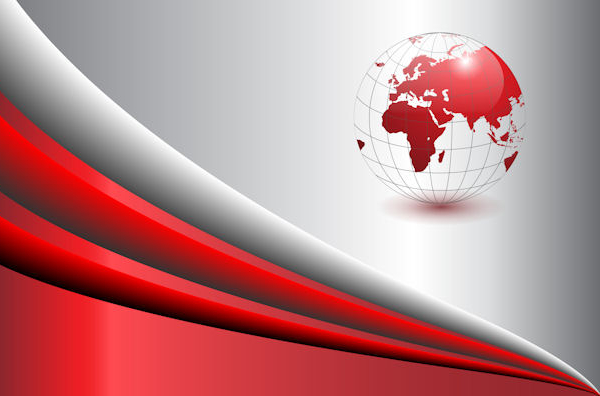
 Ernie Journeys; Unsplash
Ernie Journeys; Unsplash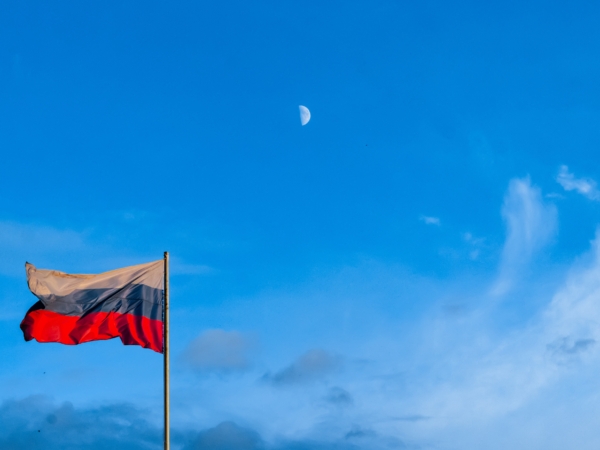 Egor Fin; Unsplash
Egor Fin; Unsplash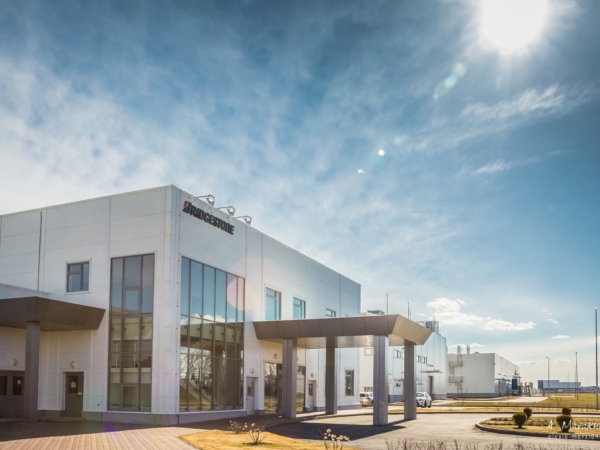 Bridgestone
Bridgestone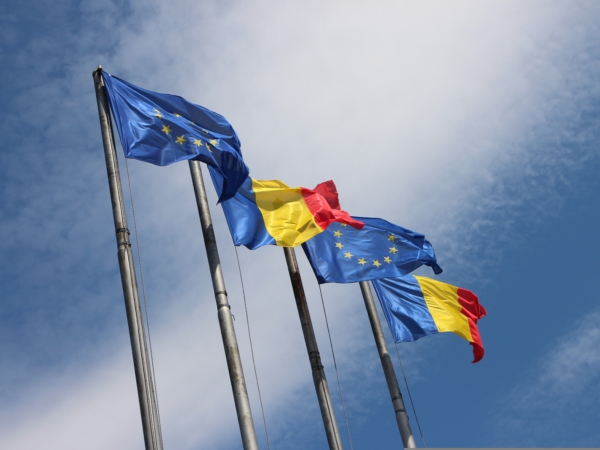 Michel Bossart; Pixabay
Michel Bossart; Pixabay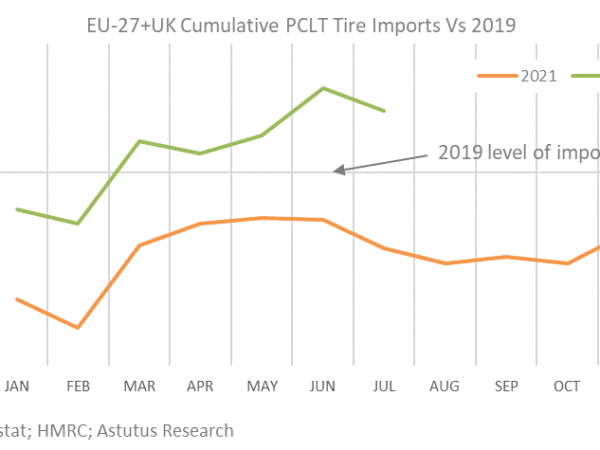 Astutus Research
Astutus Research
